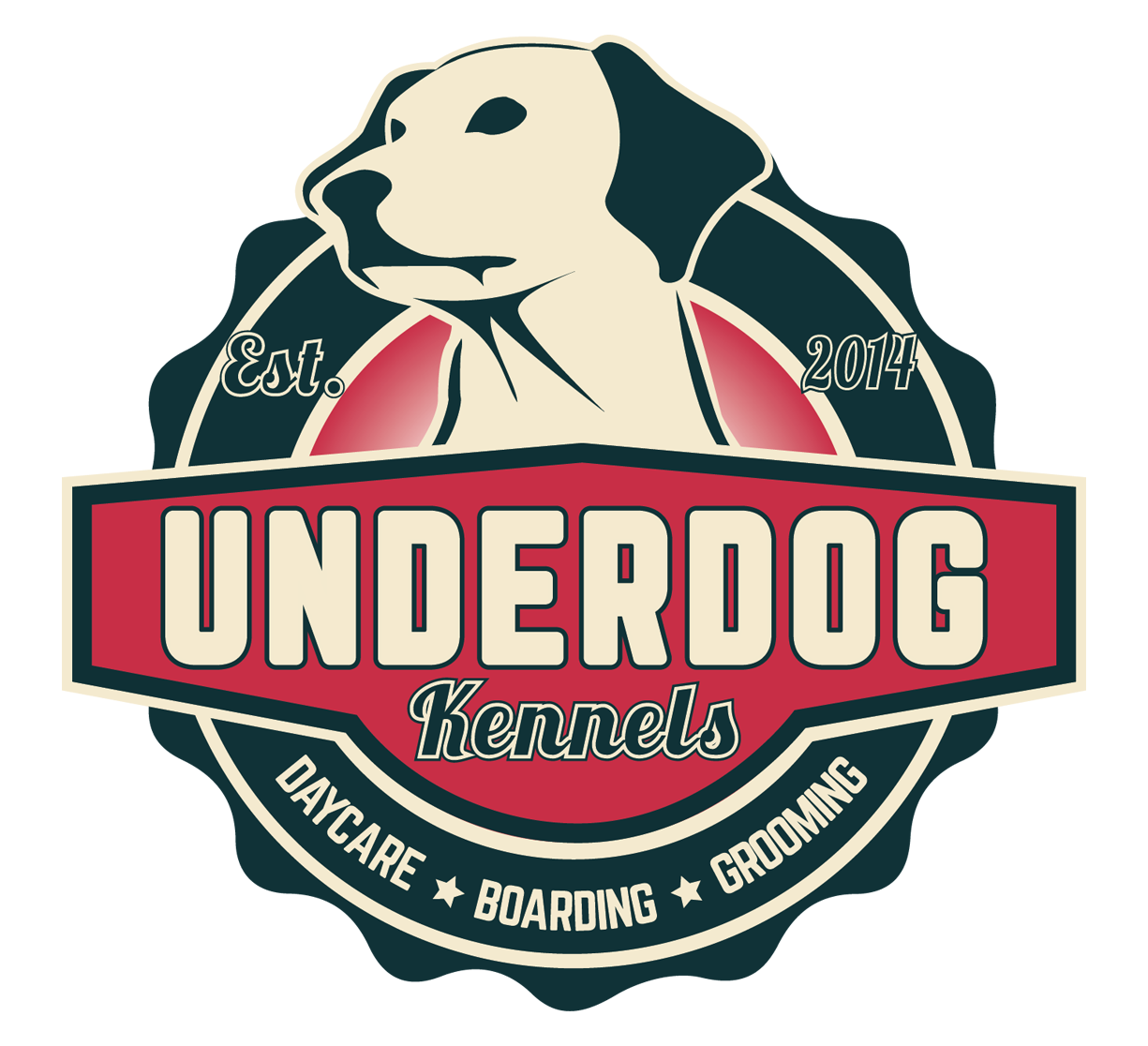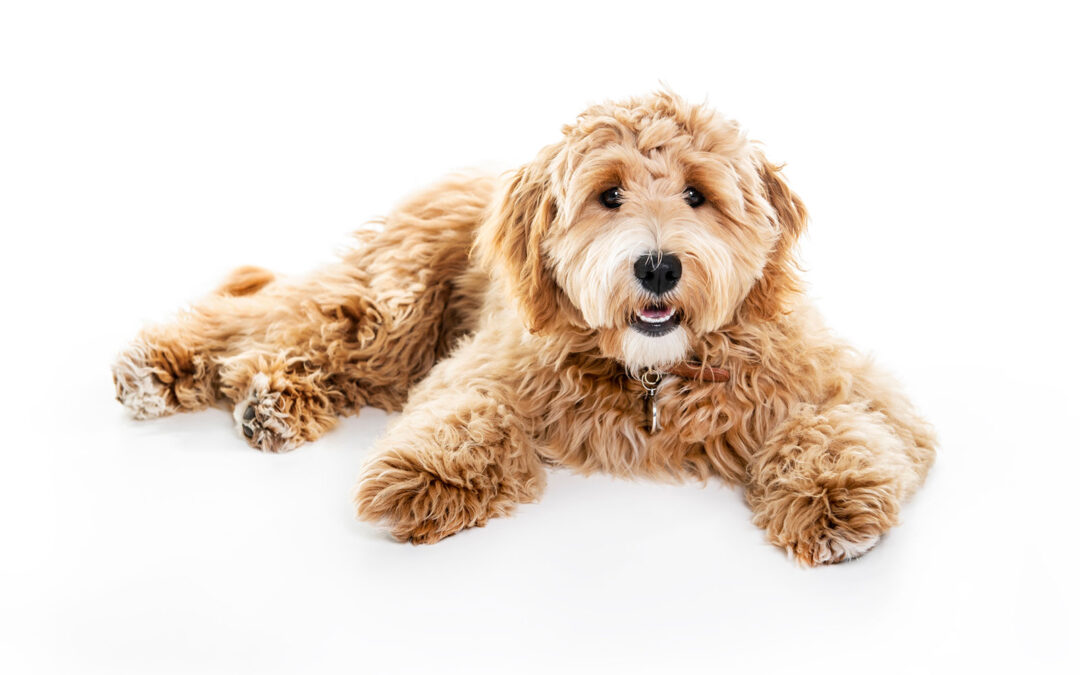Socializing your puppy is one of the most important things you can do as a dog owner. Proper socialization helps your puppy grow into a well-adjusted, friendly adult dog. Puppy socialization tips and techniques lay the foundation for a lifetime of positive experiences and good behavior.
Without proper socialization, your puppy may develop fears, anxiety, or aggressive tendencies. In this article, we’ll provide you with practical puppy socialization tips to ensure your puppy gets off to the best start.
What Is Puppy Socialization?
Puppy socialization is the process of introducing your puppy to different people, animals, environments, and experiences. It helps your puppy learn how to interact appropriately in various situations. This can be done in puppy daycares or the comfort of your own home.
This process is critical during the first few months of your puppy’s life. Early socialization helps your puppy develop confidence and reduces the likelihood of behavioral issues.
Why Early Socialization Is Important
The first few months of your puppy’s life are a critical period. During this time, your puppy is more open to new experiences. Introducing your puppy to a variety of stimuli during this period can help prevent fear and anxiety later in life.
If your puppy isn’t properly socialized, they may become fearful or aggressive when faced with new situations as an adult. Early socialization sets the stage for a well-adjusted dog.
Long-Term Benefits of Puppy Socialization
Proper socialization during your puppy’s early months has long-lasting benefits. A well-socialized puppy is more likely to grow into a confident, friendly adult dog. Here are some of the long-term benefits of puppy socialization:
Better Behavior
Socialized puppies are less likely to develop behavioral issues, such as aggression, fear, or anxiety. They learn how to interact appropriately with other dogs, people, and new environments. This results in better behavior both at home and in public.
Increased Confidence
Socialization helps puppies develop confidence. When exposed to a variety of experiences early on, puppies learn that new situations are not something to fear. This confidence carries over into adulthood, making your dog more adaptable and less prone to anxiety.
Stronger Bond With Owners
Socialization isn’t just about your puppy interacting with the world; it’s also about building a strong bond with you. Through socialization activities, you and your puppy learn to communicate and understand each other better. This strengthens your relationship and builds trust.
Easier Vet Visits and Grooming
Socialized puppies are more comfortable being handled, which makes vet visits and grooming sessions much easier. They are less likely to be stressed or fearful when being examined or groomed. This makes routine care less stressful for both you and your dog.
Lifelong Friendliness
A well-socialized puppy is more likely to be friendly and approachable than an adult dog. They are more comfortable meeting new people and interacting with other dogs. This friendliness can make your dog a joy to be around and welcome in various social settings.
Puppy Socialization Tips: A Step-By-Step Guide
Socializing your puppy requires patience and consistency. Here are some puppy socialization tips to guide you on how to make your puppy more sociable:
1. Start Early
Begin socializing your puppy as soon as you bring them home. According to WebMD, puppies can handle new experiences best between 3 and 12 weeks of age and become more cautious afterward.
It is advisable to start puppy socialization classes or daycare when they are 16 weeks old, because at this point, their immune systems have developed enough to be around larger groups of puppies / dogs and veterinarians also suggest administering required vaccinations before socializing.
2. Handle Your Puppy Regularly
Regular handling is an important part of socialization. Gently handle your puppy’s paws, ears, and mouth. This helps your puppy get used to being touched and examined. Regular handling makes grooming, vet visits, and other interactions less stressful for your puppy. Be gentle and make handling a positive experience with treats and praise.
3. Introduce New Environments
Expose your puppy to different environments. Start with less intimidating situations and work your way up to more challenging ones. For example, start by taking your puppy to a quiet park before exposing them to a busy street. Gradual exposure helps your puppy build confidence without becoming overwhelmed. Remember to be patient and take things one step at a time.
Moreover, let your puppy walk on different surfaces. Carpet, hardwood floors, gravel, and grass all provide different sensations. Walking on different surfaces helps your puppy become more confident and adaptable. It also helps them develop their coordination and balance. Make sure to supervise your puppy on slippery surfaces to prevent accidents.
New environments help your puppy become more adaptable and less fearful of new situations. Always keep an eye on your puppy’s body language. If they seem overwhelmed, take a step back and try again later.
4. Expose Your Puppy to Different Sounds
Expose your puppy to a variety of sounds. Play recordings of traffic, thunderstorms, fireworks, and other common noises. Start with low volumes and gradually increase the sound as your puppy becomes more comfortable. This helps prevent sound-related anxiety and desensitizes your puppy to loud noises. Pair the sounds with treats and play to create a positive association.
5. Meet New People and Encourage Positive Interactions
Introduce your puppy to a variety of people. This includes men, women, children, and people of different ethnicities. The more people your puppy meets, the more comfortable they’ll be around strangers.
When socializing your puppy, focus on positive interactions. Use treats, praise, and play to reward your puppy for positive behavior. For example, if your puppy approaches a new person calmly, reward them with a treat.
If they explore a new environment without showing fear, praise them. Consistency is key to effective positive reinforcement. Make sure to reward your puppy immediately after the desired behavior.
However, make sure to avoid using punishment during socialization. Punishment can create fear and anxiety, which can hinder your puppy’s development. Instead, focus on positive reinforcement and be patient with your puppy. If your puppy makes a mistake, calmly redirect them and reward the correct behavior.
6. Socialize With Other Dogs
Introducing your puppy to other dogs is an important part of socialization. Arrange playdates with friendly, vaccinated dogs.
Puppy daycare is also a great way to help your puppy learn how to interact with other dogs. They provide a structured environment for your puppy to interact with other dogs and people. Supervised interactions with other dogs teach your puppy important social skills.
Daycares like Underdog Kennels Dog Daycare and Boarding in Dallas, Texas provide top-notch facilities for puppy socialization, as seen in reviews:
“Billy loved daycare and didn’t want to leave. I thought he would jump into the car, but instead, we had to lift him up to get him in.
I’m sure we will be back.
He was so worn out, and thanks for keeping him so busy.
He’s coming back for boarding this weekend.
Thanks for everything ❤️❤️”
– Stefanie Brown
7. Practice Alone Time
Teaching your puppy to be comfortable when left alone is also important. Gradually increase the amount of time your puppy spends alone. Start with short periods and slowly work up to longer durations. Provide toys and treats to keep your puppy occupied. This helps prevent separation anxiety and teaches your puppy to be independent.
Common Challenges in Puppy Socialization
Socializing a puppy isn’t always easy. Here are some common challenges you might face and how to overcome them.
Fearfulness
Some puppies are naturally more fearful than others. If your puppy seems scared of new situations, take things slowly. Don’t force your puppy into situations they’re not comfortable with. Gradual exposure and positive reinforcement can help your puppy overcome their fears. Be patient and let your puppy progress at their own pace.
Overexcitement
Puppies are naturally energetic and curious. This can sometimes lead to overexcitement, especially when meeting new people or dogs. If your puppy gets too excited, take a break and give them time to calm down. Teaching your puppy basic commands like “sit” and “stay” can also help manage their excitement.
Aggression
In rare cases, puppies may show signs of aggression. This could be due to fear, overexcitement, or lack of socialization. If your puppy shows aggressive behavior, seek help from a professional trainer. Early intervention is key to preventing aggression from becoming a serious issue.
Socializing Older Puppies
If you adopt an older puppy, you can still socialize with them. While the critical socialization period is during the first few months, older puppies can still benefit from socialization. Follow the same steps as you would with a younger puppy, but be patient.
Older puppies may take longer to adjust to new experiences. But with time and patience, they can learn to be well-socialized adults.
Socialize With Your Puppy Today
Socializing your puppy helps you raise a well-behaved, confident dog. The puppy socialization tips and techniques here provide a roadmap for successful puppy socialization. Remember to start early, be patient, and use positive reinforcement throughout the process. Your efforts will pay off in the form of a happy, well-adjusted adult dog.
If you’re looking for a trusted partner in your puppy’s socialization journey, Underdog Kennels Dog Daycare and Boarding is the perfect place to help your puppy grow and thrive. With their experienced staff, structured programs, and focus on positive reinforcement,
Don’t wait to start your puppy’s socialization journey. Underdog Kennels Dog Daycare and Boarding is here to help. With our top-notch daycare, boarding, and grooming services, we provide the perfect environment for your puppy to learn, play, and grow. Book your puppy’s spot today and give them the best start in life. Schedule your visit and experience our premier dog resort in Dallas, TX. For inquiries, feel free to reach out to us.

